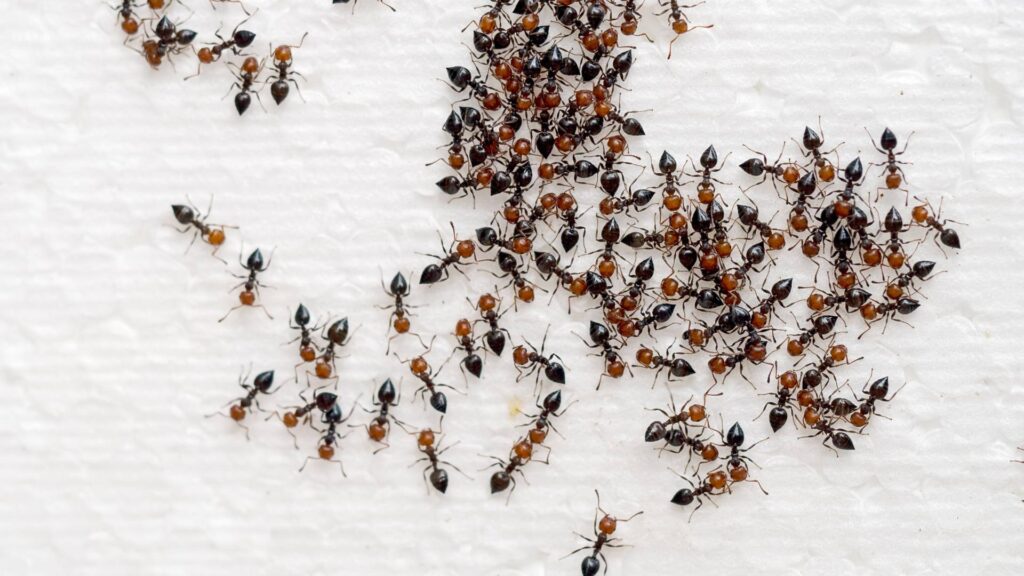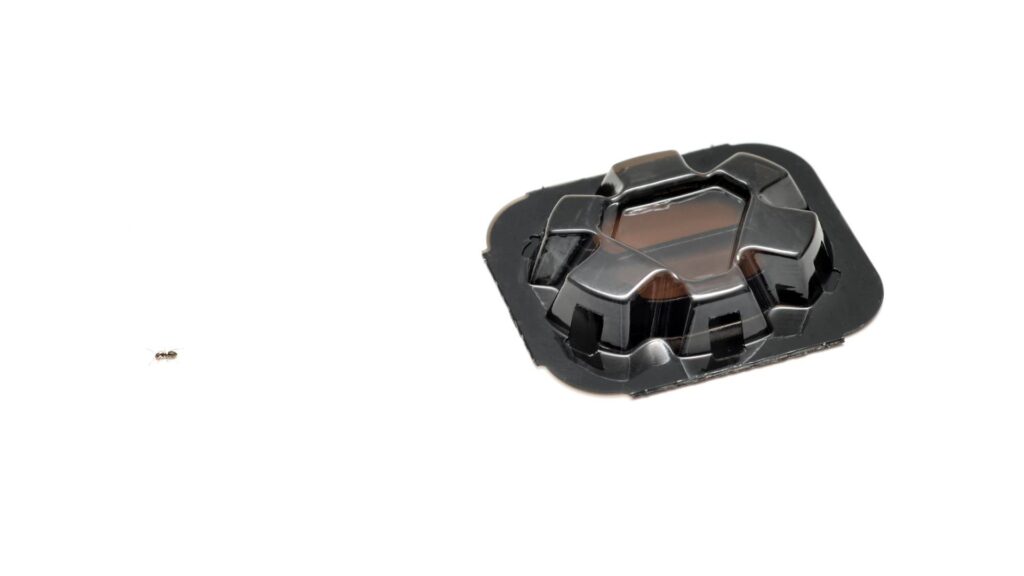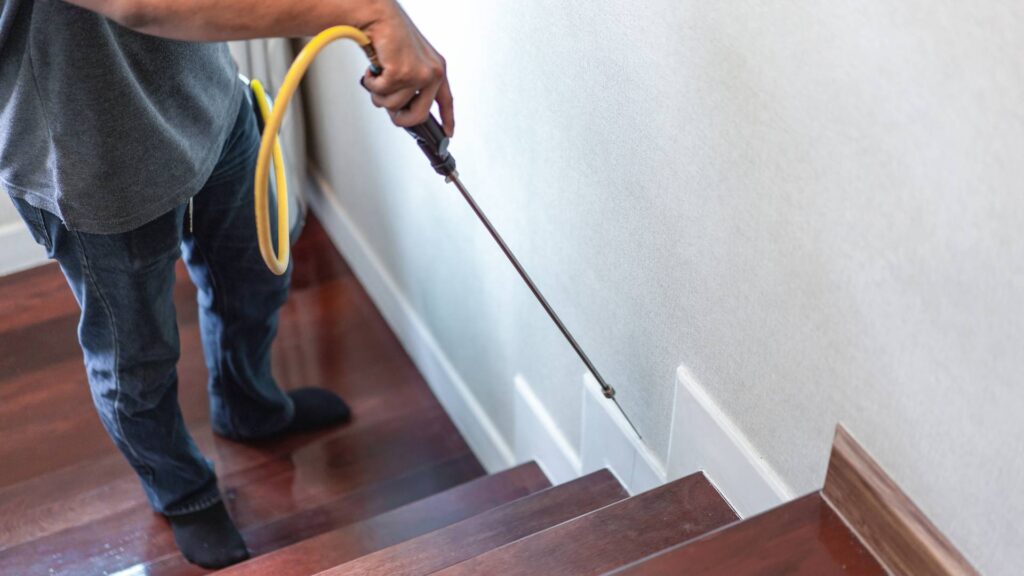Table Of Content
ToggleAs a seasoned pest control expert, I’ve encountered my fair share of homeowners at their wit’s end, struggling with ant infestations that seem to defy all efforts of eradication.
It’s a battle many face, leading to the burning question: How long does it take for an ant colony to die?
The answer, while seemingly straightforward, is layered with complexity due to the resilient nature of these tiny but mighty creatures.
In this blog, we’ll explore the lifecycle of ant colonies, the impact of various treatment methods, and share professional advice on ensuring your ant problems become a thing of the past.
Ant colonies are marvels of nature’s design, characterized by their robust organizational structure and the ability to survive under a range of conditions. Here’s what you need to know:

The time it takes for an ant colony to die following treatment varies significantly based on several factors:
On average, it takes about 2 to 3 weeks for an ant colony to die after treatment. This timeline accounts for the time needed for baits to be distributed throughout the colony and the natural lifespan and reproductive cycle of the ants within it.

To ensure the demise of an ant colony, consider the following expert tips:

In my years as a pest control professional, I’ve seen firsthand the frustration and challenge that ants can pose. While there’s no one-size-fits-all answer to how long it takes for an ant colony to die, understanding the factors at play and adopting a strategic approach can significantly increase your chances of success.
Remember, patience and persistence are key. Ant control is often a game of strategy, not speed, and with the right tactics, you can reclaim your space from these unwelcome guests.
Whether you’re dealing with your first ant infestation or the latest in a series of battles, remember that you’re not alone.
Professionals are always here to help guide you through the process, ensuring that the answer to “how long does it take for an ant colony to die?” is “not as long as it takes for you to call for expert help.”
The lifespan of an ant colony varies, with some lasting months and others decades, depending on species and environmental conditions. Factors like the queen’s health and external threats influence this duration.
An ant infestation can last from a few days to indefinitely without effective treatment. The duration depends on the infestation’s extent, control methods’ effectiveness, and the ant species involved.
Yes, an ant colony can starve if cut off from food sources. A lack of food affects the queen and worker ants, leading to a population decline and potentially the colony’s collapse.
Your trusted pest control experts in Southern California. Keeping your neighborhood pest-free!